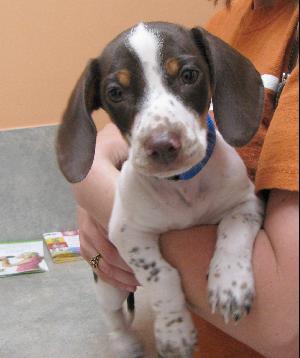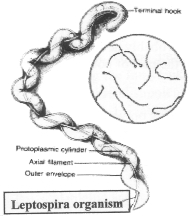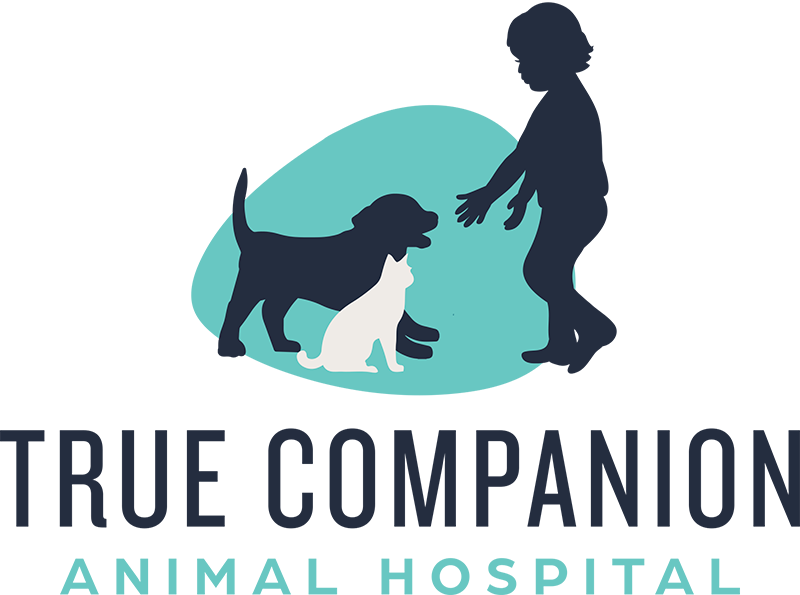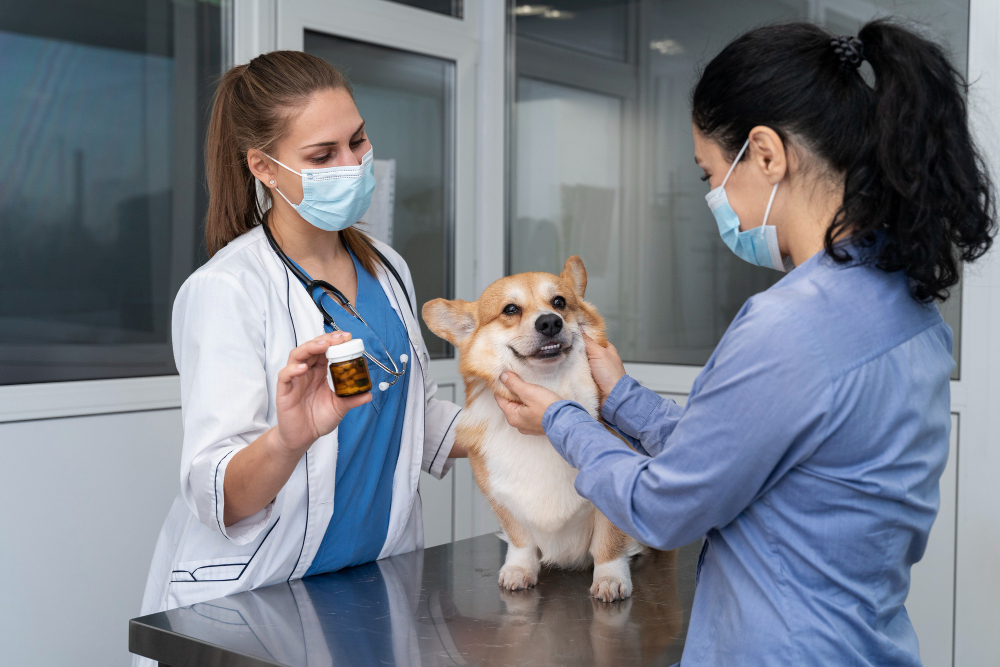Canine Vaccinations
At True Companion Animal Hospital, we prioritize the health and well-being of your canine companions through our comprehensive canine vaccination services.
Canine Vaccinations in Spring, TX
Our expert veterinary team follows industry-recommended vaccination protocols tailored to your dog’s individual needs, ensuring they receive the necessary protection against prevalent diseases.
Canine Vaccinations
DHPP – This is a modified live vaccine that protects against multiple organisms.
DISTEMPER– A viral disease that affects the respiratory and neurologic system. The most common clinical signs include pneumonia, ocular and nasal discharge, and seizures. Distemper affects unvaccinated puppies and dogs. Appropriate vaccination prevents disease.
HEPATITIS – A viral disease of newborn puppies. This disease is uncommon.
PARAINFLUENZA – A viral disease that can cause upper respiratory signs(coughing) similar to kennel cough.
PARVOVIRUS – A viral disease that affects unvaccinated puppies. It causes severe vomiting, bloody diarrhea, and bone marrow suppression. This disease is common and dangerous. All unvaccinated puppies are at risk!
DHPP vaccines are given in the following manner:
- Puppies beginning at 6-8 weeks
- Booster every 3-4 weeks until the
- puppy is over 15 weeks of age
- Booster again in one year
- Booster the second year with a 3-year DHPP
- Vaccinate every three years thereafter
Rabies
Rabies – A viral disease that can be transmitted between animals and humans.
The virus is maintained in foxes, bats, skunks, and raccoons. Texas state law allows vaccination every three years. Puppies must be over 12 weeks in order to receive their first vaccine.
Rabies vaccines are “killed” vaccines. All killed vaccines are suspended in a substance called adjuvant.
Adjuvant: Adjuvants are chemicals that stabilize the vaccine and help it stimulate extended immunity (three years). Adjuvants are often responsible for swelling and pain at the injection site.
Rabies vaccines are given in the following manner:
- Puppies and Kittens no earlier than 12 weeks of age.
- Booster one year later at anniversary
- Booster every three years thereafter.
Because the three-year Rabies vaccine is suspended in adjuvants, there is a chance of swelling or pain at the injection site. In rare cases, an abscessed lump, hair loss, or hair color change may occur.

Kennel Cough
The term “kennel cough” refers to a group of organisms that act a lot like a cold in dogs, causing them to cough. The most common organism involved is a bacteria called “Bordatella”. For this reason, the kennel cough vaccine is often referred to as a Bordatella vaccine even though, in truth, it contains three different organisms. (Bordatella, Parainfluenza, and Adenovirus II) – All of these organisms cause coughing.
Bordatella is given as oral drops in the mouth. The vaccine protects against several possible causes of canine kennel cough but not all.

Leptospirosis
Leptospirosis is caused by a spiral shaped bacteria that exists in lakes and standing water contaminated by infected animal urine. Leptospirosis can infect all types of animals including humans. Dogs are infected by drinking, swimming, or wading in infected water. Humans can also be infected in the same manner as well as by contacting infected animal urine.
Leptospirosis is a serious disease affecting both the kidney and liver. Lepto is treatable, however, with antibiotics with the best results early in the course of the disease.
Pets at risk should receive Leptospirosis vaccine in the following manner:
- Puppies and dogs 9 weeks or older
- Booster 3-4 weeks later after initial vaccine
- Booster yearly thereafter
Leptospirosis vaccines are the leading reason for vaccine allergic reactions, especially in smaller dogs. For this reason, True Companion Animal Hospital chooses only to vaccinate pets at risk for contracting the disease.

If you have any questions about our services, please contact us today at (281) 363-8708.

